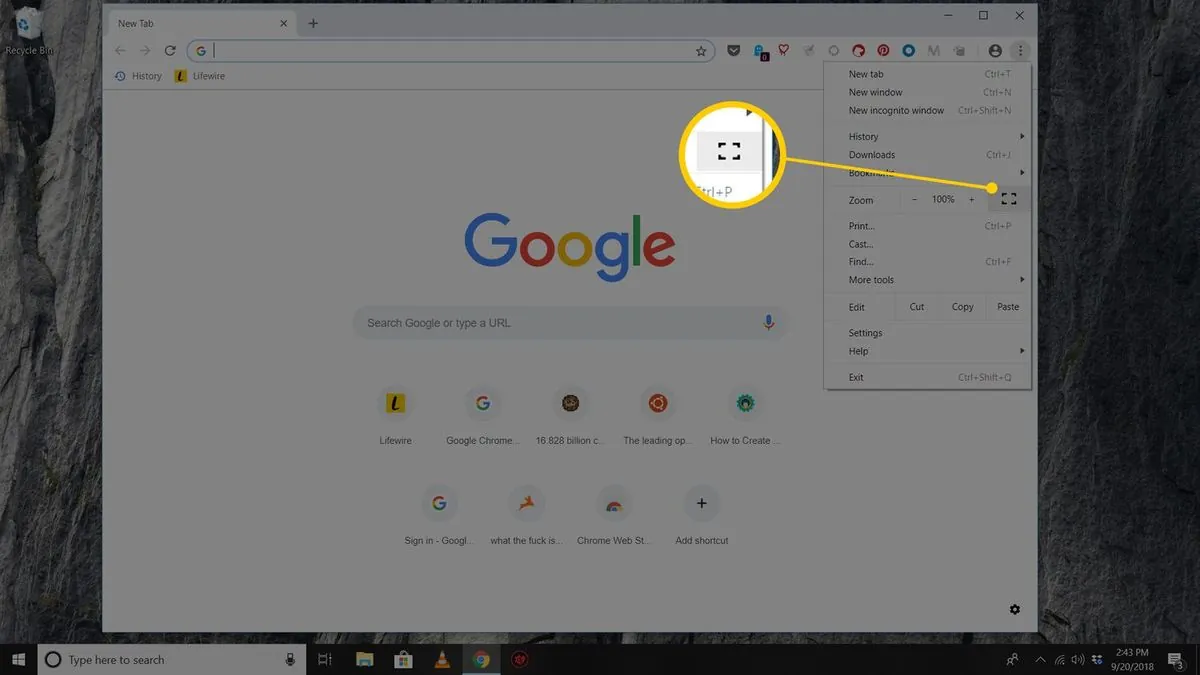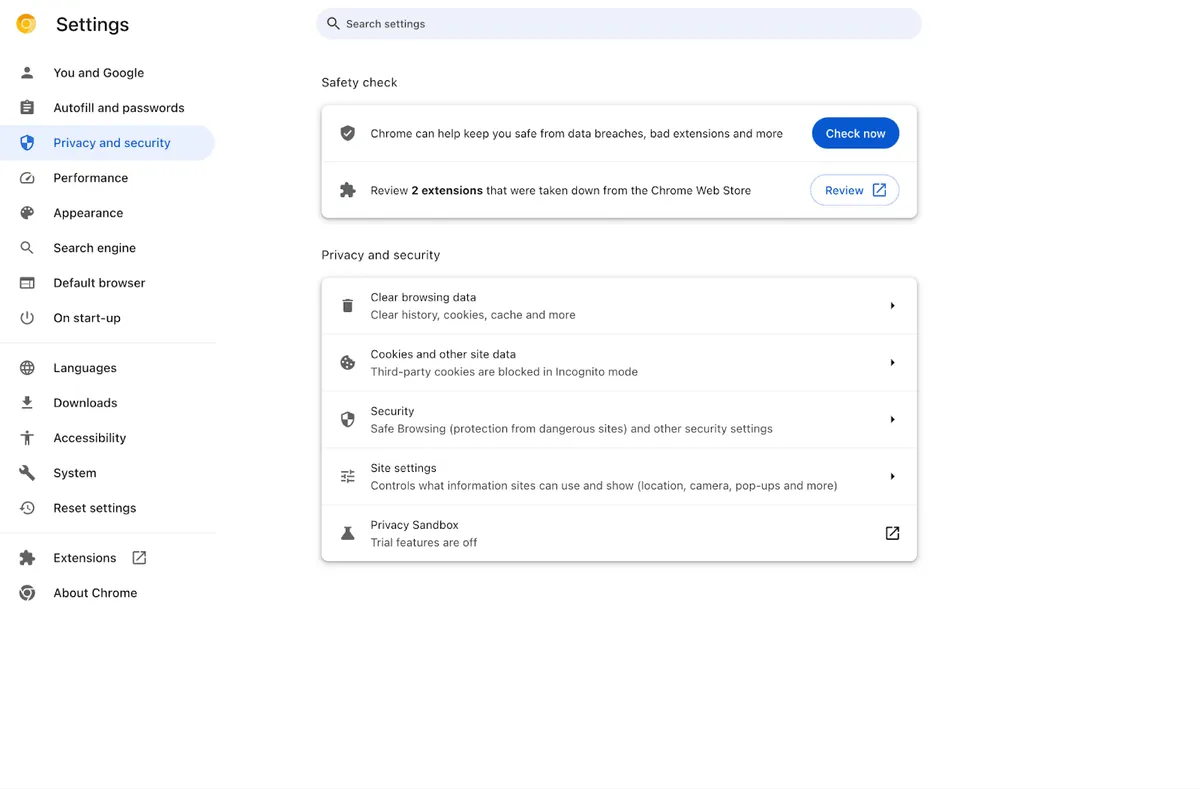Google Faces Revived Lawsuit Over Chrome Data Collection Practices
A U.S. appeals court revives a lawsuit against Google, alleging unauthorized data collection from Chrome users. The case questions user consent and Chrome's privacy practices.

A U.S. appeals court has revived a lawsuit against Google, challenging the tech giant's data collection practices. The case, involving Chrome users who opted not to synchronize their browsers with their Google accounts, alleges that the company gathered personal information without proper consent.
The 9th U.S. Circuit Court of Appeals in San Francisco determined that a lower court should reassess whether reasonable Chrome users consented to Google's data collection when browsing online. This decision comes in the wake of Google's agreement last year to eliminate billions of records as part of a settlement in a separate lawsuit concerning user tracking in Chrome's "Incognito" mode.
In response to the ruling, Google stated, "We disagree with this ruling and are confident the facts of the case are on our side. Chrome Sync helps people use Chrome seamlessly across their different devices and has clear privacy controls." Conversely, Matthew Wessler, representing the plaintiffs, expressed satisfaction with the decision and anticipation for a trial.

The proposed class action encompasses Chrome users since July 27, 2016, who did not synchronize their browsers with their Google accounts. These users argue that Google should have adhered to Chrome's privacy notice, which stated that users "don't need to provide any personal information to use Chrome" and that Google would not receive such information unless the "sync" function was activated.
Circuit Judge Milan Smith emphasized the importance of user understanding and consent in his decision. He wrote, "Here, Google had a general privacy disclosure yet promoted Chrome by suggesting that certain information would not be sent to Google unless a user turned on sync. A reasonable user would not necessarily understand that they were consenting to the data collection at issue."
This case highlights the ongoing debate over user privacy and data collection practices in the digital age. Since its release in 2008, Chrome has become the most widely used web browser worldwide, making its privacy policies a matter of significant public interest. The introduction of features like "Incognito" mode and Chrome Sync in 2012 has further complicated the landscape of user data management and privacy expectations.
"We disagree with this ruling and are confident the facts of the case are on our side. Chrome Sync helps people use Chrome seamlessly across their different devices and has clear privacy controls."
The revival of this lawsuit comes at a time when privacy concerns in web browsing have been growing since the late 2000s. The formation of Alphabet Inc., Google's parent company, in 2015 has not diminished scrutiny over the tech giant's data practices. In fact, class action lawsuits against tech companies have seen a significant increase in the past decade, reflecting broader societal concerns about digital privacy.
As the case returns to U.S. District Judge Yvonne Gonzalez Rogers in Oakland, California, it joins a growing list of legal challenges faced by Google over its data collection and privacy practices. The outcome of this case could have far-reaching implications for how tech companies communicate their privacy policies and obtain user consent for data collection.


































